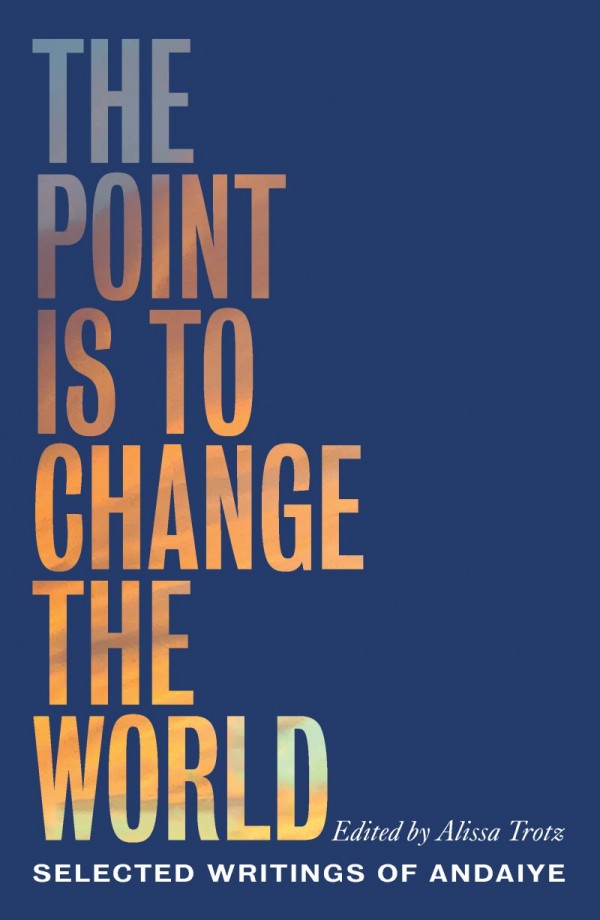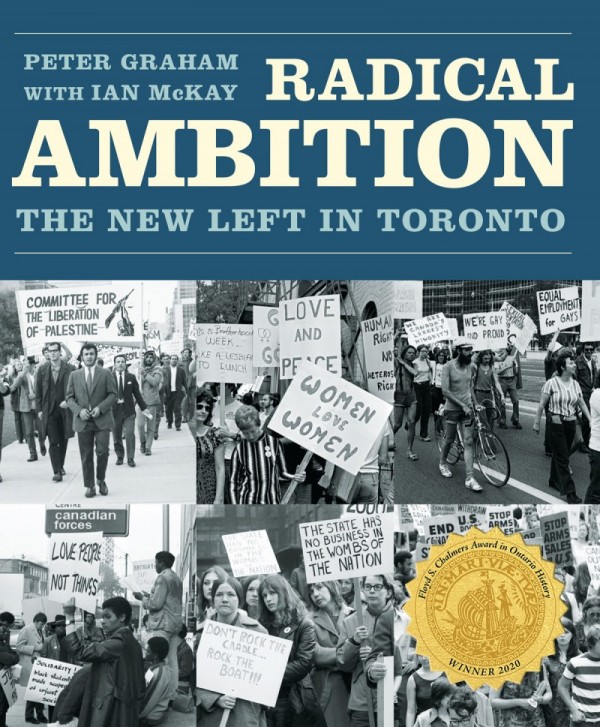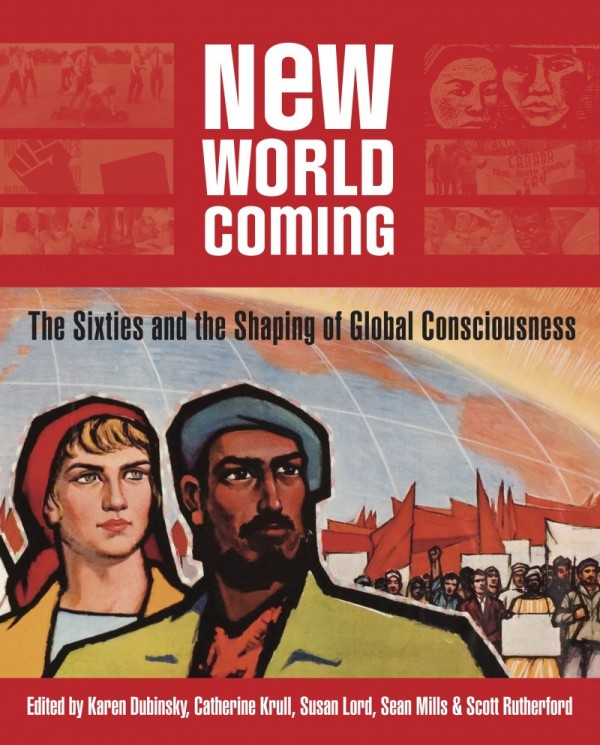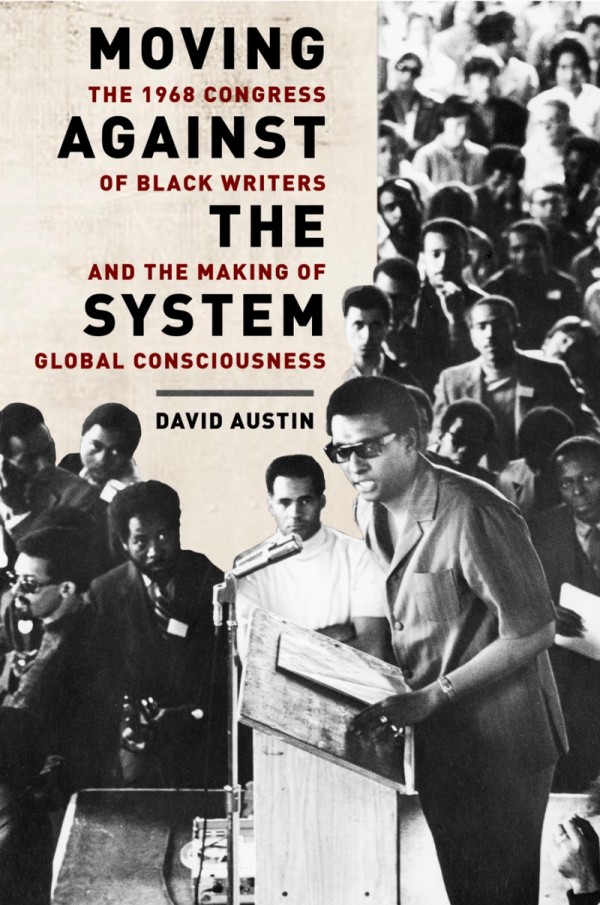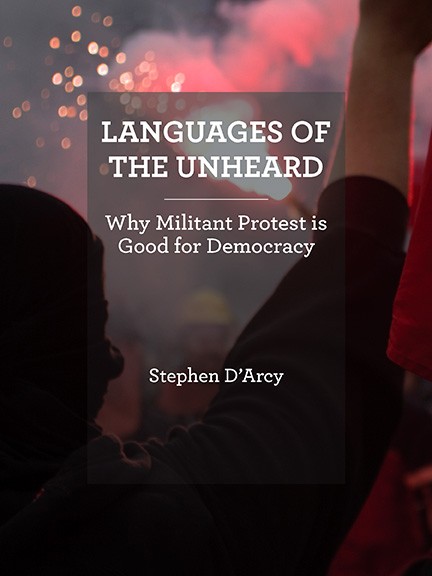Return of the New Left
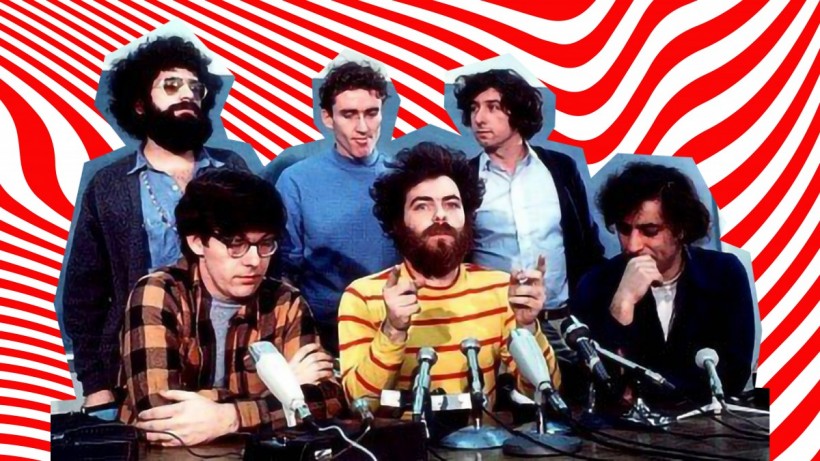
Plenty of critics and essayists have written about how Aaron Sorkin’s new Netflix film “The Trial of the Chicago 7” misleads viewers and takes liberties with facts. The film lessens the participation of activist women (real-life revolutionary Bernardine Dohrn appears as a receptionist character answering telephones!). It sidelines the struggle of the Black Panthers and soft-pedals the brutal mistreatment of Bobby Seale and the police murder of Fred Hampton. It downplays the importance of international solidarity to activists like the Students for a Democratic Society, showing them primarily concerned with the lives of American soldiers. And it whitewashes and sanitizes the radical history of the New Left to make it more palatable to liberal viewers.
If the movie left you frustrated too, and you’re hungry to know more about the history of social movements in the 1960s and 1970s, check out our New Left reading list. The books on this list make it clear that the radicalism of the sixties and seventies wasn’t only an American story and that revolutionary emancipatory movements in Africa, Asia, and Latin America were often the inspiration for activists in North America and Europe. International solidarity was at the foundation of New Left movements. Around the world, the words and actions of Black writers and activists, including brilliant revolutionary Black women, were critical to building transformative movements.
Radical activist, thinker, and comrade of Walter Rodney, Andaiye was one of the Caribbean’s most important political voices. For the first time, her writings are published in one collection. Through essays, letters, and journal entries, Andaiye’s thinking on the intersections of gender, race, class, and power are powerfully articulated, Caribbean histories emerge, and stories from a life lived at the barricades are revealed. We learn about the early years of the Working People’s Alliance, the meaning and impact of the murder of Walter Rodney and the fall of the Grenada Revolution. Throughout, we bear witness to Andaiye’s acute understanding of politics rooted in communities and the daily lives of so-called ordinary people.
Members of the New Left placed the ideals of self-determination and community at the core of their politics. As with all leftists, they sought to transcend capitalism. But in contrast to older formations, new leftists emphasized solidarity with national liberation movements challenging imperialism around the world. They took up organizational forms that anticipated–“prefigured,” some said–in their direct, grassroots, community-based democracy, the liberated world of the future. Radical Ambition is the first book to explore the history of this dynamic movement and reveal the substantial social changes it won for the people of Toronto. It won the 2020 Floyd S. Chalmers Award in Ontario History.
This groundbreaking book de-centres the United States in the story of the “global consciousness” that was forged in the sixties. Essays from more than forty international authors, and a full-colour insert of protest poster art, examine the ways revolution was imagined throughout the sixties and the enduring legacy of the period in terms of lasting political movements and cultural landscapes.
“. . . the sixties are remembered only narrowly, not as a unique worldwide rebellion against the global status quo. New World Coming enters the battlefield of memory against those who would discredit the legacy before it repeats.” —Tom Hayden
In the 1960s, for at least a brief moment, Montreal became what seemed an unlikely centre of Black Power and the Caribbean left. In October 1968 the Congress of Black Writers at McGill University brought together well-known Black thinkers and activists from Canada, the United States, Africa, and the Caribbean–people like C.L.R. James, Stokely Carmichael, Miriam Makeba, Rocky Jones, and Walter Rodney. Within months of the Congress, a Black-led protest at Sir George Williams University (now Concordia) exploded on the front pages of newspapers across the country–raising state security fears about Montreal as the new hotbed of international Black radical politics.
Fear of a Black Nation won the Casa de las Americas Prize in Caribbean Literature in English or Creole in 2014.
In this companion volume to Fear of a Black Nation, for the first time since 1968, David Austin brings alive the speeches and debates of the most important international gathering of Black radicals of the era. Against a backdrop of widespread racism in the West, and colonialism and imperialism in the “Third World,” this group of activists, writers, and political figures gathered to discuss the history and struggles of people of African descent and the meaning of Black Power. With never-before-seen texts from Stokely Carmichael, Walter Rodney, and C.L.R. James, Moving Against the System will prove invaluable to anyone interested in Black radical thought, as well as capturing a crucial moment of the political activity around 1968. These speeches show debates within the movement around the limits of interracial solidarity and the conflict between reformers and revolutionaries, which are still very relevant today.
“What we must see,” Martin Luther King once insisted, “is that a riot is the language of the unheard.” Languages of the Unheard draws on King’s insight to address a timely and controversial topic: the ethics and politics of militant resistance. Using vivid examples from the history of militancy—including armed actions by Weatherman and the Red Brigades, the the Indigenous occupation of Alcatraz and many more—this book will be of interest to democratic theorists and moral philosophers, and practically useful for protest militants attempting to grapple with the moral ambiguities and political dilemmas unique to their distinctive position. D’Arcy’s historical examples of protest tactics and militant action go beyond the social movements of the sixties and seventies, showing that the liberal (and sometimes left) inclination to stifle radical dissent and rebuke those who act militantly is neither new nor likely to go away any time soon.

